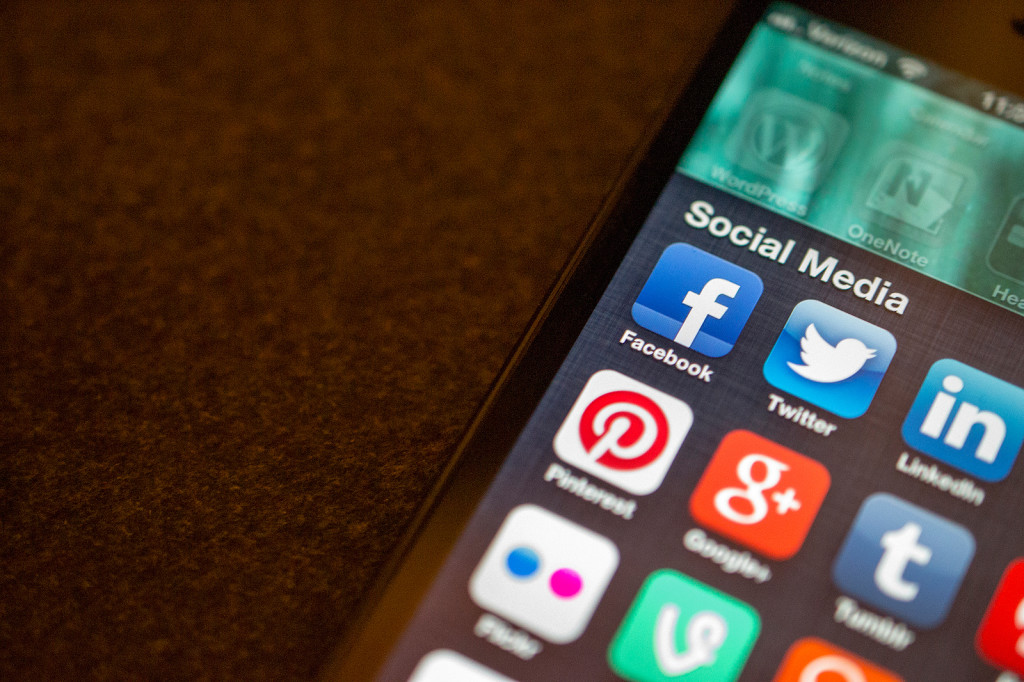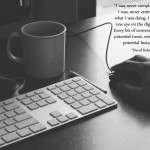
In my last post, I wrote about “untangling” in order to decrease my digital dependency and free up mental space to be creative. A few months ago, I unknowingly took the first step: I deactivated my Facebook account.
This isn’t going to be a rant about Facebook. I know plenty of people who use it to stay connected with their friends and families. Other people use it to promote their businesses or livelihoods. It can be a good thing in people’s lives. But it wasn’t in mine.
I rarely posted status updates or shared photos. I didn’t “like” other people’s posts or remember to wish them a “happy birthday” even when Facebook reminded me. I used Facebook primarily for one thing: to scroll through my newsfeed when I was bored or feeling lazy. Not only is this an incredible time-waster, recent research shows that it can have negative effects on our well-being. Last fall, The New Yorker ran an article called “How Facebook Makes Us Unhappy“ that specifically addressed this behavior: “…the more time people spent browsing the site [Facebook], as opposed to actively creating content and engaging with it, the more envious they felt…We want to learn about other people and have others learn about us–but through that very learning process we may start to resent both others’ lives and the image of ourselves that we feel we need to continously maintain.”
The article goes on to cite research that suggests the opposite too: Facebook and social media use can actually be good for us because it increases our feeling of connectedness. As puzzling as this contradiction appears, it makes sense. The researchers who claim Facebook use makes us unhappy are referring to passive use (in other words, my mindless scrolling through the newsfeed). The research that suggests the opposite is referring to people who are actively engaging with the site.
For me, Facebook had to go. It was a time-waster that ultimately made me unhappy.
It was difficult at first. Checking Facebook was an ingrained habit. I felt out of the loop. I didn’t know when people got engaged or bought houses or when their kids started walking. But I also no longer had to read passive aggressive status updates, political complaints, or overall griping. I also no longer had the compulsion to regularly check it. It was a trade-off that has been worth it. Close friends and family tell me what’s going on in their lives anyway…eventually.
Now, as I take active steps to “untangle,” I realize that scrutinizing my social media habits and deactivating what isn’t helpful to me was a crucial first step.



